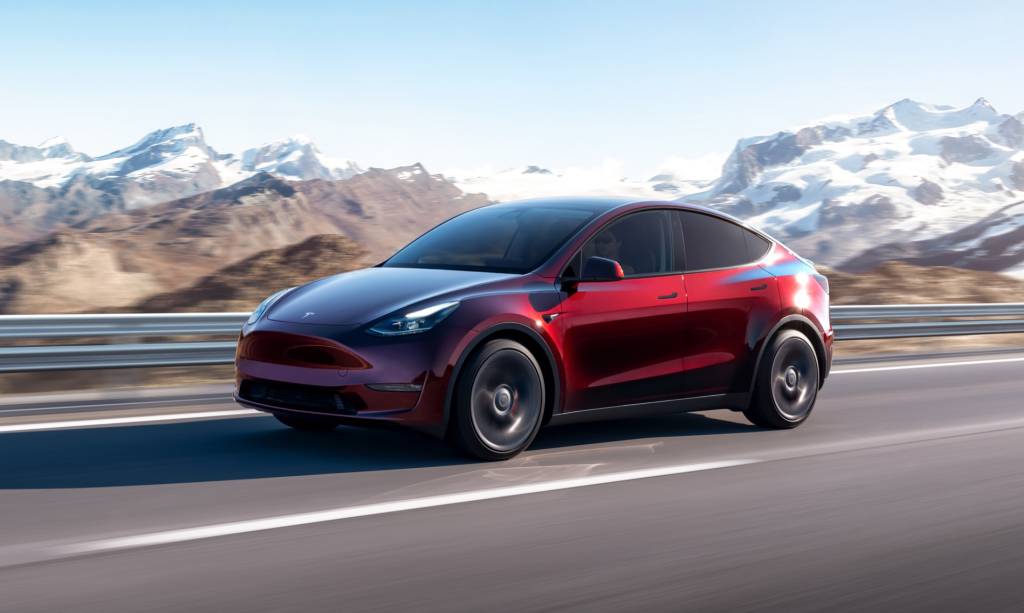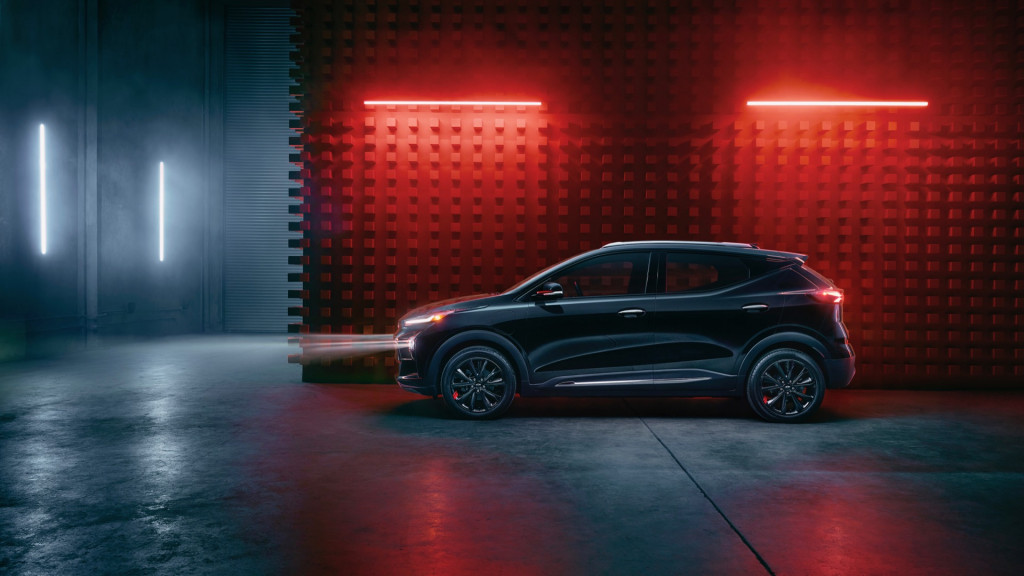According to a recent survey conducted by the Global EV Alliance, which represents EV driver associations in 38 countries, once individuals purchase an electric vehicle, they are likely to remain loyal to EVs.
The survey revealed that 92% of current EV owners intend to buy another electric vehicle as their next car. Only 1% expressed interest in switching back to a gasoline or diesel vehicle, while 4% considered a plug-in hybrid as a potential replacement for their EV.
While plug-in hybrids offer a gasoline engine, previous EV owners may view them as a secondary option after experiencing a fully electric model.

2024 Tesla Model Y. – Courtesy of Tesla, Inc.
The survey, which collected 23,000 responses from 18 countries between Aug. 27 and Nov. 20, 2024, was weighted based on the EV fleet size of each country. For instance, U.S. responses were adjusted upwards, while Sweden’s were adjusted downwards to reflect their respective EV fleet shares, as explained by the Global EV Alliance in a press release.
Reduced operating costs emerged as the primary reason for EV owners’ loyalty, with 45% of participants citing this as their main motivation for considering another EV purchase. Other significant factors included the lower environmental impact of EVs (40%) and their positive effects on the local environment and noise reduction (32%).

2023 Chevrolet Bolt EUV Redline Edition
While these findings are promising for EV adoption, there are still aspects open to interpretation in surveys like this, such as how questions are framed when asking consumers about their next vehicle choice after owning an EV—whether it truly replaces an EV or another vehicle within the household.
A study conducted in 2023 by S&P Global Mobility revealed that, excluding Tesla, nearly half of households owning EVs opted for internal combustion vehicles in their subsequent purchase, partly due to limited EV options from non-Tesla brands. Additionally, the Department of Energy highlighted earlier this year that U.S. EVs are driven fewer miles than internal combustion vehicles, suggesting that they may not always serve as direct replacements.

